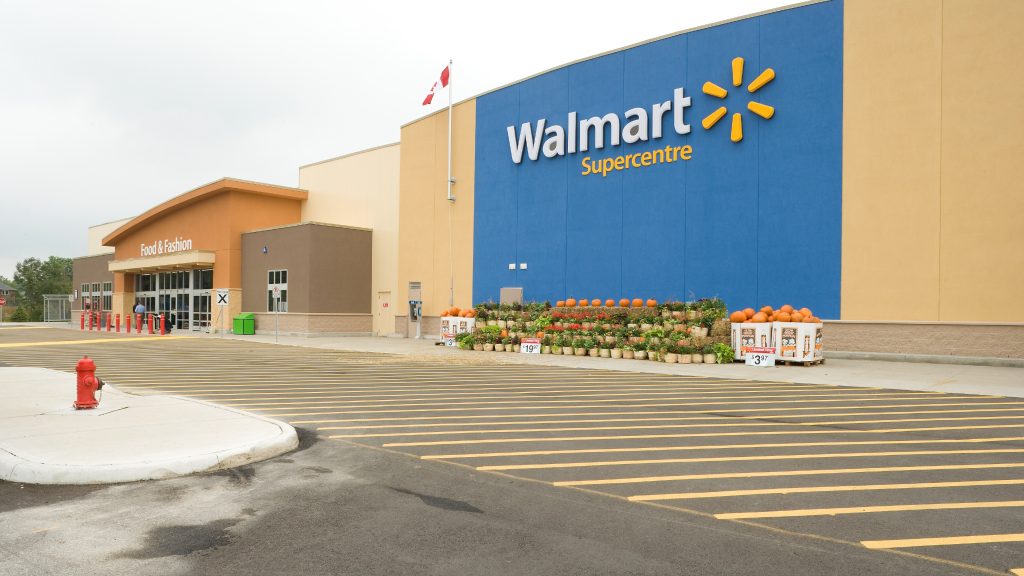How High Gas Prices Are Severely Hurting Walmart
Walmart has seen better times and easier days, and soaring gas prices have been the unlikely culprit severely hurting the company.
This article is more than 2 years old

Severe economic inflation has caused prices for every good and service imaginable to skyrocket. This has had a ripple effect both on businesses and the end consumer. Retail titan Walmart has not been able to circumnavigate inflation’s permeating market influence. High gas prices, due in part to inflation, have had a particularly negative impact on Walmart’s business and have actually been hurting the retail behemoth in measurable ways.
Stephanie Wissink, who works as a market analyst for Jeffries, cited that “apparel is the most fuel-sensitive category at Walmart.” This means that in times of economic strain when gas prices are soaring, Walmart’s apparel category is the first one to suffer. The reason for this comes down to a multi-factor intersection. First, when consumers’ budgets are tightening they start making concessions and prioritizing necessities over leisure expenditures. New clothing is not a necessity in comparison to food. Hence, sales of clothing decline as a result of the shift in consumer spending.
Second, because Walmart is aware of the shift they start stocking less apparel. The thing is, apparel is an area where Walmart rakes in some of its highest revenue margins. As a result of Walmart stocking less and shoppers buying less, the company loses money in one of its most profitable categories. Simply put, less product being sold combined with less overall product to sell equals less profit overall. And it all starts with high gas prices.
Profit losses in the clothing category aren’t the only way bloated gas prices are hurting Walmart. Fuel is inherent to the retail supply chain. Retailers have to make sure their stores remain as fully stocked as possible with products. And to get the product from its origin point to its final destination they inherently have to factor fuel costs into the company’s overhead. Consequently, when gas prices soar, so too do Walmart’s supply chain expenses. And more overhead costs mean fewer revenue gains. These compounding circumstances have caused Walmart to report noticeable profit losses for the second quarter of 2022. As a result, Walmart has also slashed its projected sales growth to 3%, per Yahoo Finance.
Moreover, Walmart is unique in that its business model (and broader market appeal) relies on its ability to offer the lowest prices possible to consumers. In times of inflation, especially when gas prices are soaring to record heights, this makes it even harder for Walmart to maintain profitability. Especially compared to other retailers like Target, whose models don’t hinge as strongly on offering the absolute best price possible.
The takeaway here is twofold. First Walmart is certainly being impacted by inflation. And there is a particular impact coming from heightening gas prices alone. Additionally, its business model makes them uniquely suited to have to absorb more overhead than other’s businesses feeling similar effects. That being said, Walmart’s situation serves as a sample of the retail industry as a whole. From retail titans to the end consumer, absolutely no entity, is immune to the debilitating effects of the intense inflationary period that the United States is currently immersed in.



